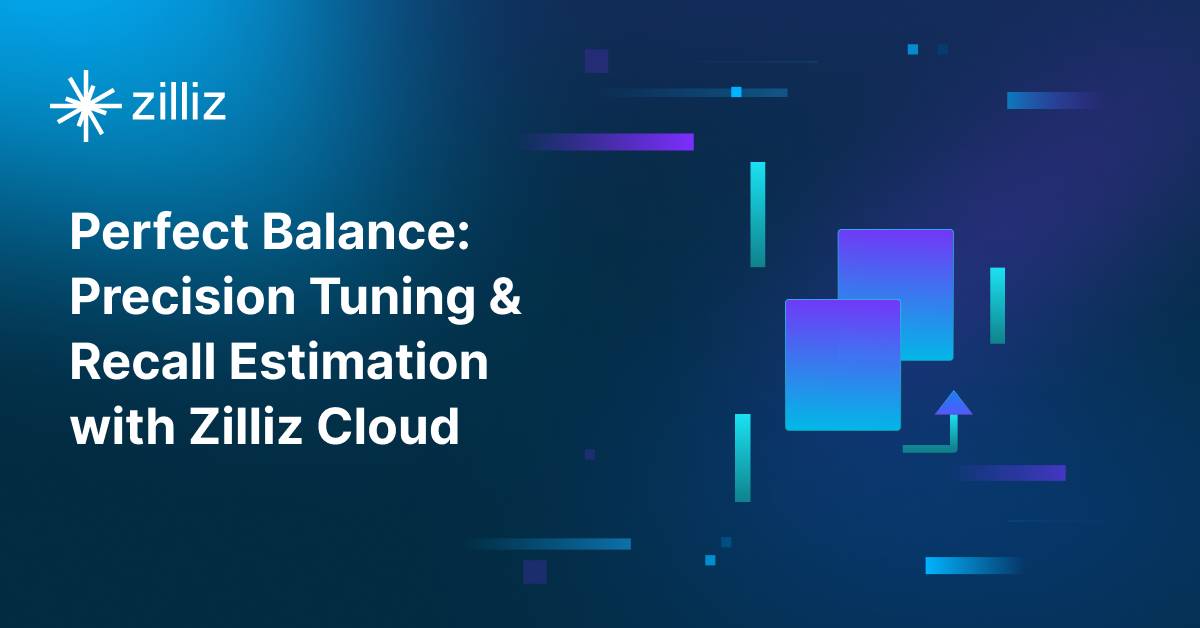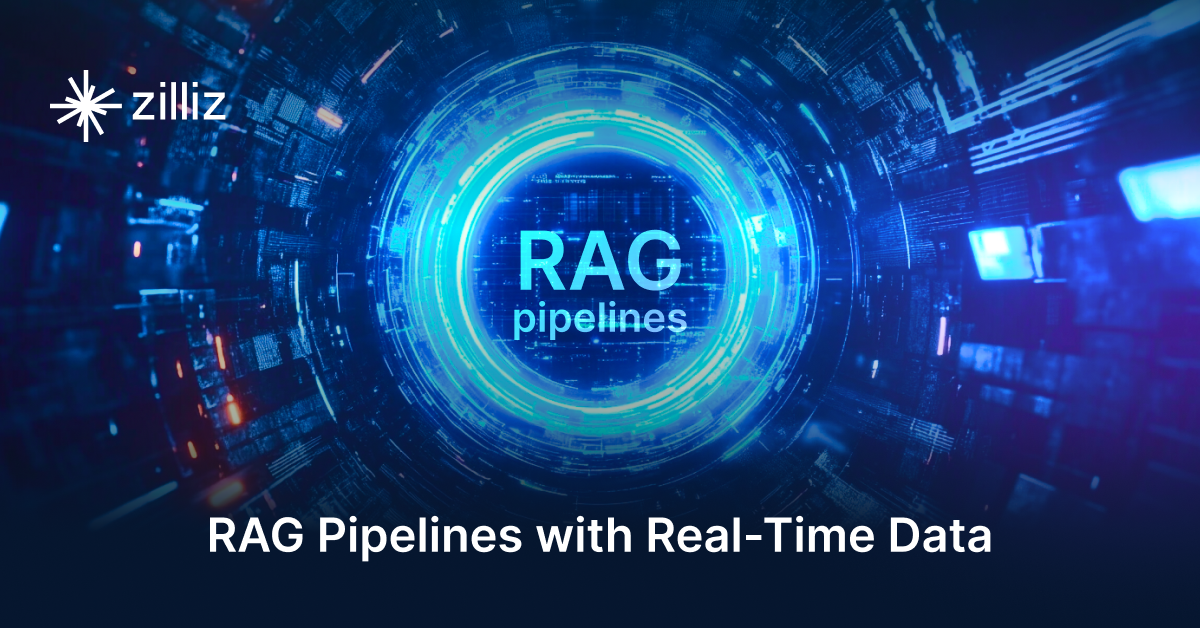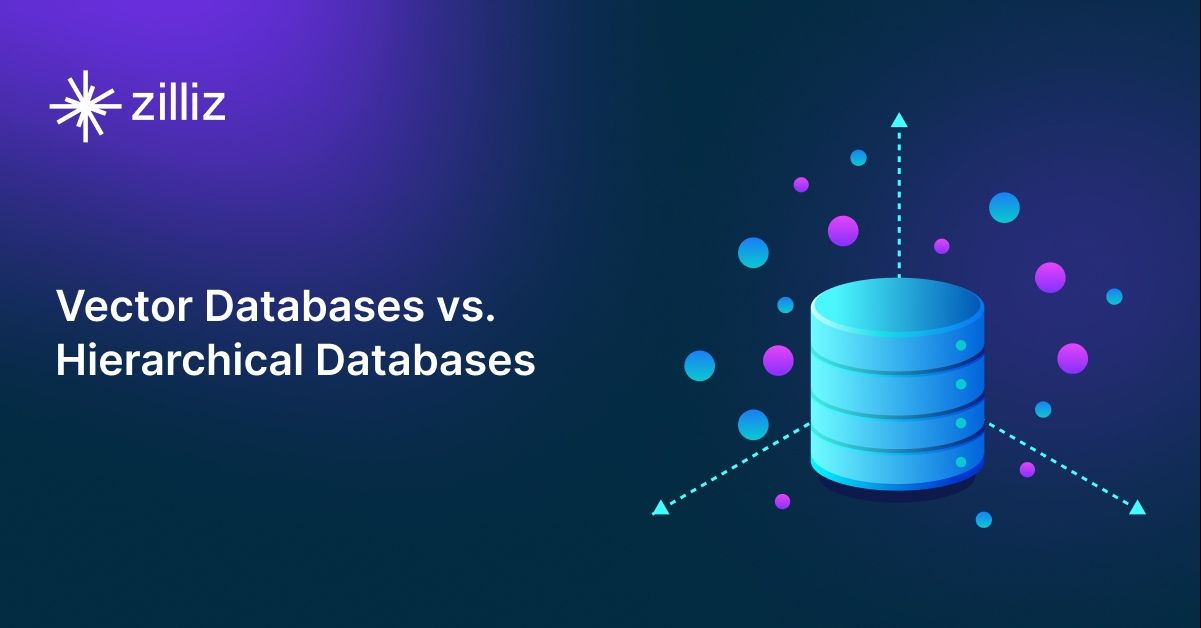Redis tightens its license: How can an OSS company survive in the Cloud Era

Redis recently transitioned from an open-source BSD license to a more restrictive Server Side Public License (SSPLv1). This prompted a fork by former Redis maintainers, reigniting debates about the sustainability of open-source projects and the impact of licensing decisions on their communities.
The change will take effect from Redis version 7.4, and we expect multiple Linux distributors to drop Redis from their codebases. However, this disruption is likely to be temporary, as alternative options are already available — such as Valkey, an open-source alternative to Redis backed by the Linux Foundation. Microsoft's Garnet is also a choice, as it is an open-source, faster cache-store written in C# that is fully compatible with Redis clients. Cloud providers like AWS may also create their own forks of Redis, similar to what they did when Elastic Search switched to the SSPL in 2021.
Cloud is eating open source
 Cloud is eating Open Source.png
Cloud is eating Open Source.png
While open-source software has a long history, the open-source business model has evolved significantly in recent years. Traditionally, the model relied on companies paying for commercial support and enterprise features when they used open-source software. However, the rise of cloud computing has disrupted this model. On the one hand, the growth of public cloud has enabled companies like MongoDB and Elastic to achieve great success by focusing on cloud-based service offerings. On the other hand, cloud service providers can easily bundle and resell open-source products, leveraging the substantial investments open-source companies have made in code and developer communities, and then using the cloud's cost advantages and distribution channels to rapidly monetize these assets, making it challenging for even very successful open-source companies to compete.
As a result, not just Redis but earlier MongoDB and Elasticsearch adopted the more restrictive SSPL license. Similarly, HashiCorp abandoned the Mozilla Public License (MPL) for Terraform in favor of the Business Source License (BSL) 1.1. This move drew criticism from many open-source advocates, who argued that any license restricting public cloud providers goes against the open-source spirit defined by the OSI. These shifts in open-source licensing have previously triggered "keep-it-open" forks, such as OpenSearch and OpenTofu. The battle over the future of open-source licensing continues to rage on.
Personal Perspective — Time for the OSI to Change
As someone who has previously worked at a cloud provider (as a committer in an open-source community developing a managed open-source product) and now works at an open-source company (where the primary revenue model is fully managed service), I've had to wear two hats, which has made my life quite difficult. If we could find a way for cloud providers and open-source companies to collaborate and share in the profits, I would be more happy to invest more effort into improving open-source products so that the vast majority — users, open-source companies, and cloud providers — can all benefit.
Cloud Protection Licenses seem to be a viable solution. They don't restrict 99.99% of users' rights to use and modify the software, but significantly protect the future profits of open-source companies. This allows open-source companies to release more of their "secret weapons" to open-source, greatly reducing the maintenance burden for open-source developers while also enhancing the open-source user experience.
The evolution from copyleft licenses like GPL to more permissive licenses like BSD, MIT, and Apache has greatly accelerated open-source software development. This change was driven by the participation of large enterprises in the open-source community, as they contributed and helped nurture better communities.
 Open Source License over time.png
Open Source License over time.png
Today, many VC-backed startups have initiated open-source projects . While these companies contribute back to the community, the rise of cloud providers has disrupted their business models, forcing them to adopt more restrictive licensing.
I think it's time for the open-source community to rethink the definition of "open-source." Any license that upholds the spirit of collaboration and sharing should be considered open, even if it includes commercial protections.
The core value of open source is empowering users and avoiding vendor lock-in. If "source-available" licenses can still achieve this while providing sustainable business models, perhaps we need to evolve our understanding of open-source. A good example of this is open-source large language models (LLMs). Although some may not open-source their datasets and training details and even have certain commercial use restrictions in their licenses, we still consider them to be open-source and sufficiently "open" because the ability to access, modify, and build on top of it is what ultimately matters.
Company Perspective — How Zilliz Constructed Competitive Commercial Services Under Permissive Licenses
Open-source companies do not necessarily have to modify their licenses as the only path forward. The challenge lies in finding the right balance between open-source and commercialization.
At Zilliz, we donated our open-source vector database Milvus to the Linux Foundation. Over the past four years, this has resulted in over 26,000 GitHub stars and thousands of global open-source users. The Linux Foundation has helped us with better community governance and attracted more potential users. Our commercial offering, Zilliz Cloud, is a fully managed Milvus service built on the public cloud. Compared to the public cloud-hosted versions of Milvus and other cloud providers' vector search services, Zilliz Cloud offers a wealth of unique capabilities:
- Multiple Deployment Choices:
- Bring your Own Cloud (BYOC )
- SaaS
- Serverless (coming soon)
- Cardinal — A closed-source commercial vector search engine with 10x performance improvements over open-source alternatives.
- In-house Data Services: elastic Index building pool, metadata store and log store
- Multi-Cloud Flexibility: Deployed on AWS, GCP, Azure, Alibaba Cloud, and more.
- Enterprise-Grade Data Management:
- Comprehensive data backup and migration capabilities
- Unstructured data ETL via Zilliz Cloud Pipeline
- Data Compliance and Security
All these capabilities are fully compatible with the open-source Milvus API, which we exclusively offer as part of Zilliz Cloud. We call this the "Open Interface" model. This model satisfies the needs of the vast majority of users while also making it straighforward for users who require stronger performance, scalability, and enterprise-grade capabilities to adopt our commercial offering. We hope this model can help open-source companies find new ways to compete against public cloud providers.
 King James.png
King James.png
- Cloud is eating open source
- Personal Perspective — Time for the OSI to Change
- Company Perspective — How Zilliz Constructed Competitive Commercial Services Under Permissive Licenses
Content
Start Free, Scale Easily
Try the fully-managed vector database built for your GenAI applications.
Try Zilliz Cloud for FreeKeep Reading

Balancing Precision and Performance: How Zilliz Cloud's New Parameters Help You Optimize Vector Search
Optimize vector search with Zilliz Cloud’s level and recall features to tune accuracy, balance performance, and power AI applications.

Building RAG Pipelines for Real-Time Data with Cloudera and Milvus
explore how Cloudera can be integrated with Milvus to effectively implement some of the key functionalities of RAG pipelines.

Vector Databases vs. Hierarchical Databases
Use a vector database for AI-powered similarity search; use a hierarchical database for organizing data in parent-child relationships with efficient top-down access patterns.
